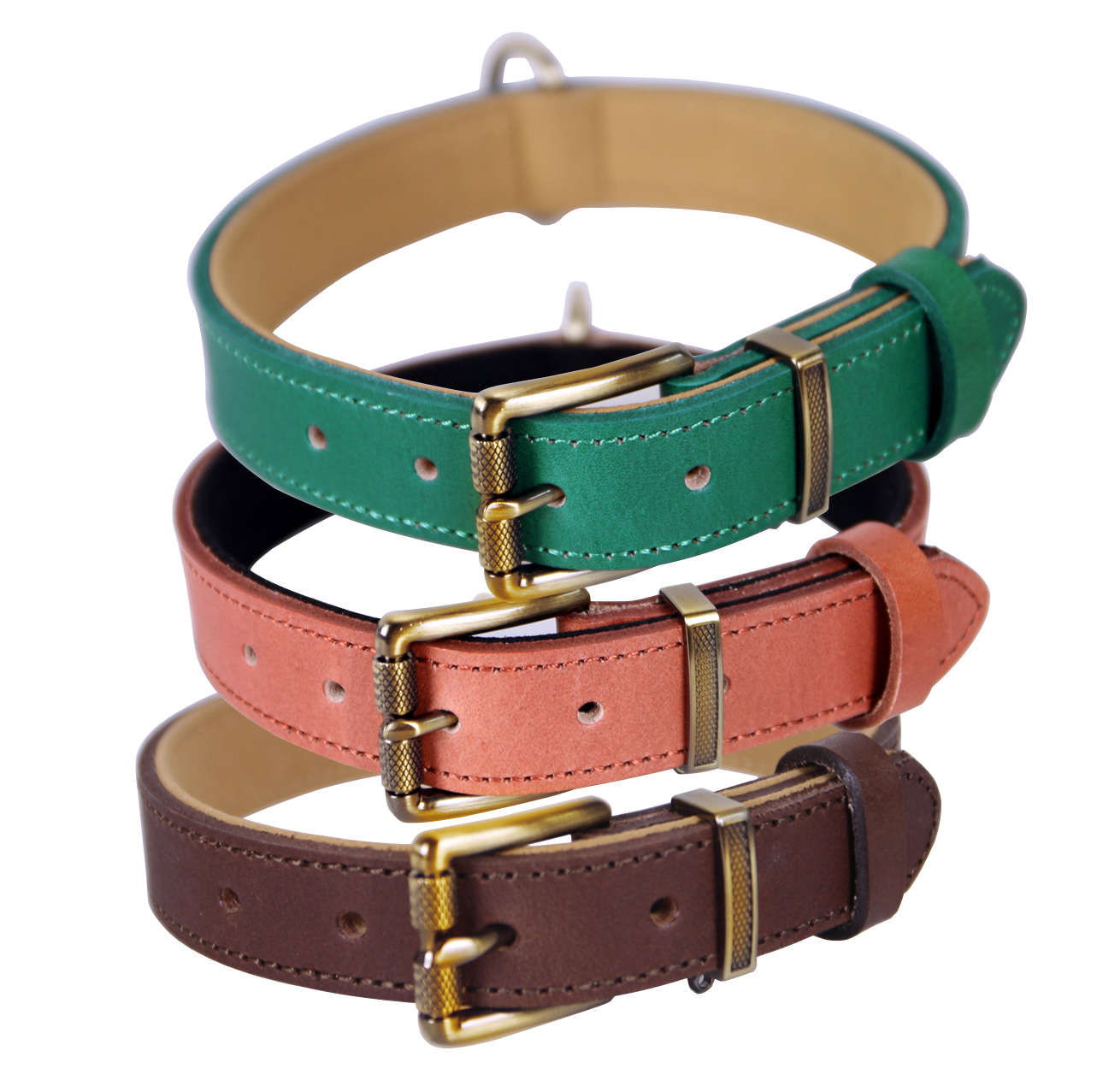
Introduction
When it comes to caring for our beloved furry friends, one essential accessory that every dog owner should invest in is a dog collar. Not only does it provide a means of identification, but it also serves various practical purposes. In this article, we will explore the importance of dog collars and the different types available in the market.
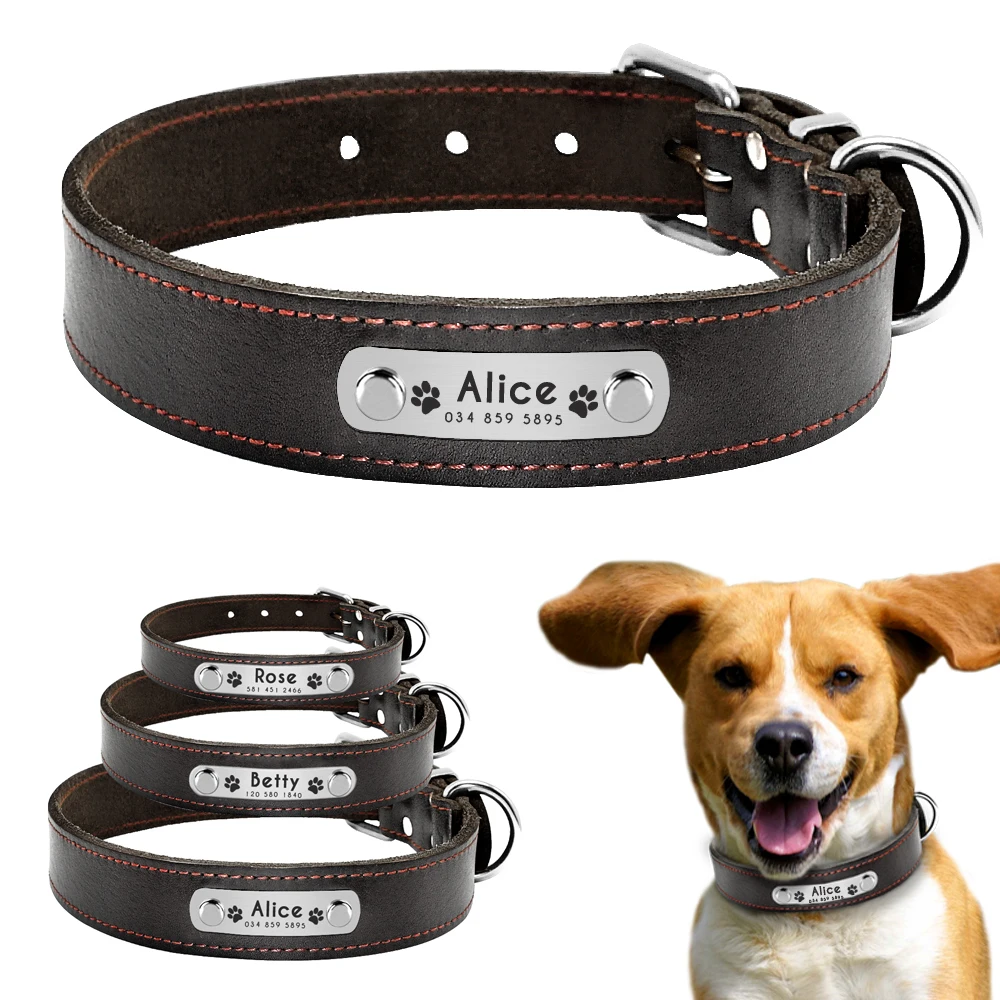
Identification and Safety
A dog collar is a crucial tool for identification and safety. By attaching a personalized dog tag to the collar, you can ensure that your pet can be easily identified if they ever get lost. These tags typically include your contact information, making it easier for others to assist in reuniting you with your furry friend. Additionally, some dog collars come with reflective strips or LED lights, enhancing visibility during nighttime walks, reducing the risk of accidents.
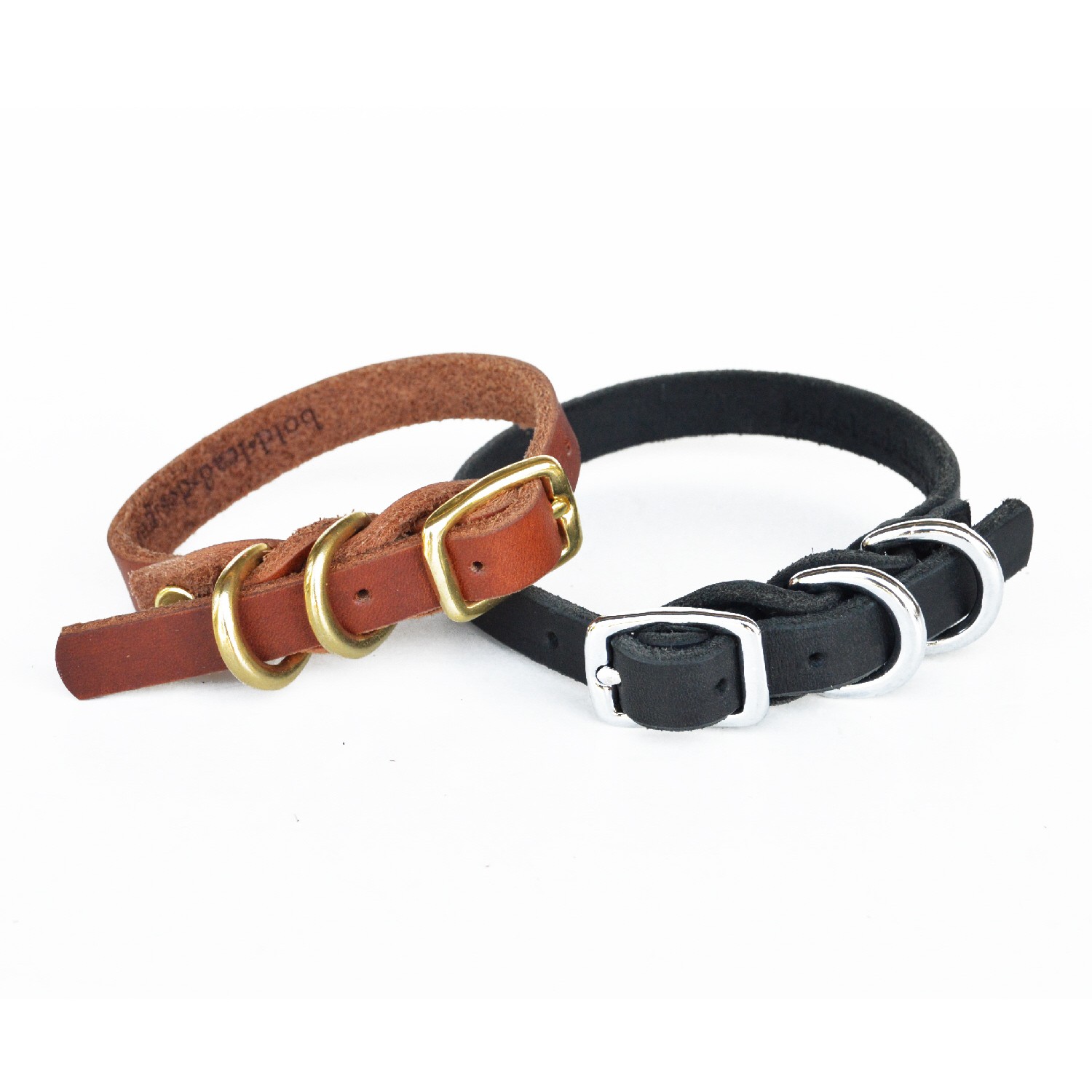
Training and Control
Another significant advantage of a dog collar is its role in training and control. With the help of a collar, you can attach a leash, enabling you to guide and control your dog's movements during walks or in public places. This proves especially useful when teaching your pup basic commands and ensuring their safety by preventing them from running off or getting into potentially dangerous situations.
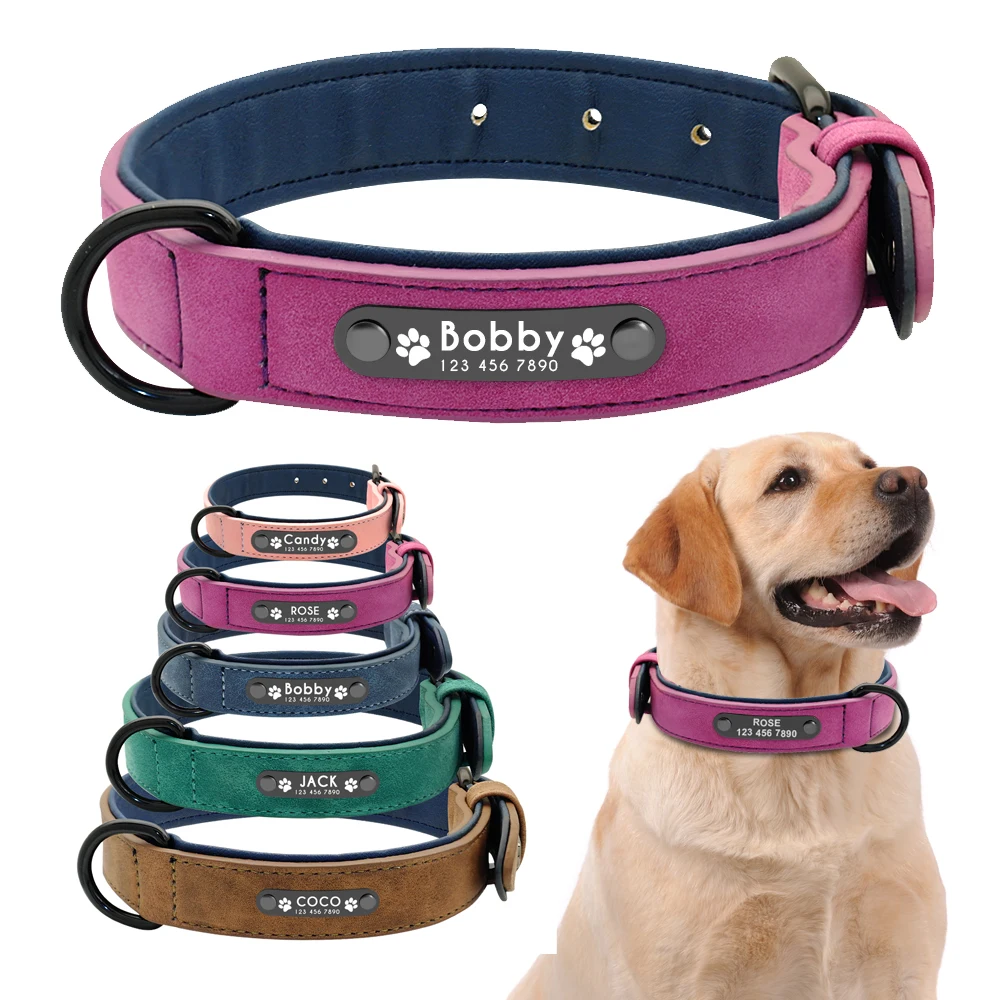
Types of Dog Collars
There are various types of dog collars available, each designed to cater to specific needs and preferences. Let's explore a few popular options:
1. Flat Collars
A flat collar is the most common type and suitable for everyday use. It consists of a simple adjustable strap made from durable materials such as nylon or leather. Flat collars are ideal for attaching identification tags and can be easily customized with your dog's name or other personal details.
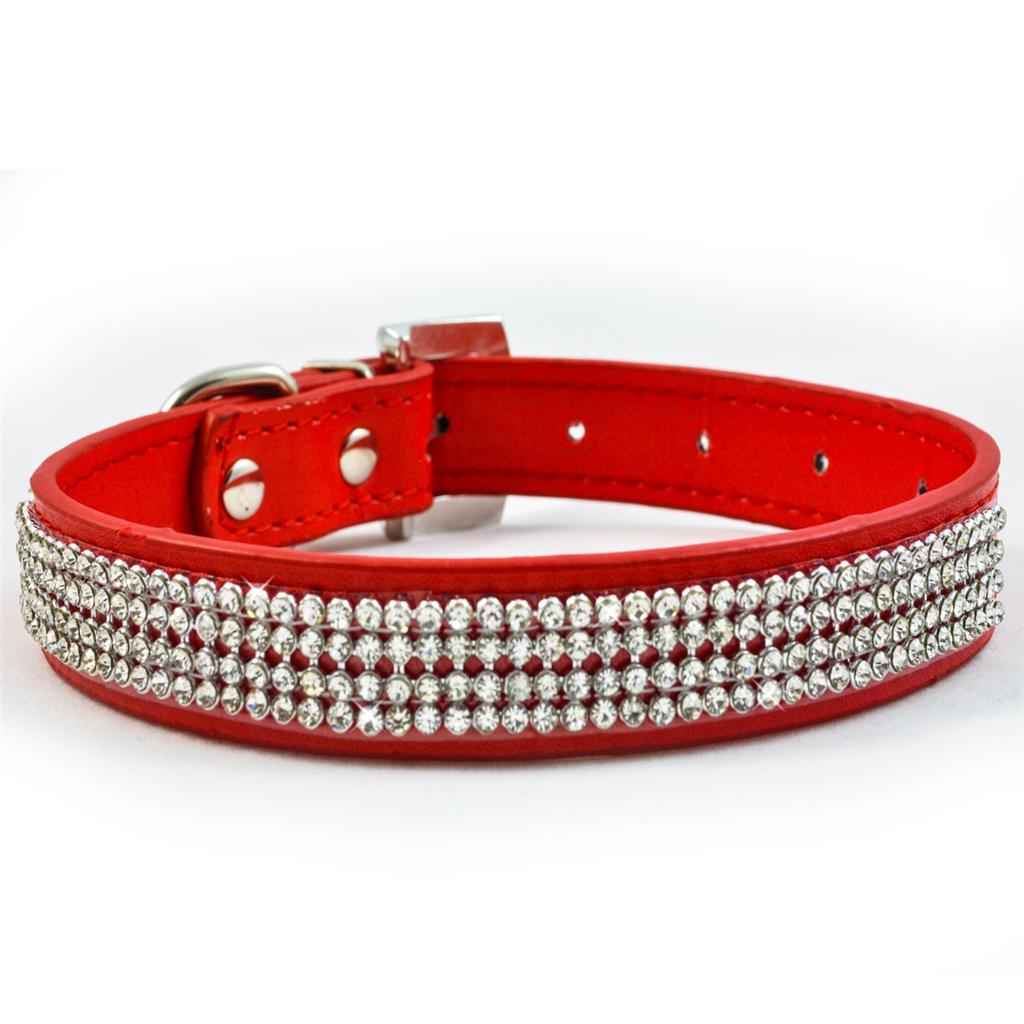
2. Martingale Collars
Martingale collars, also known as limited-slip collars, are designed to provide more control over dogs that tend to pull or slip out of regular collars. They feature a loop design that tightens when the dog pulls, preventing them from escaping while still ensuring their comfort and safety.
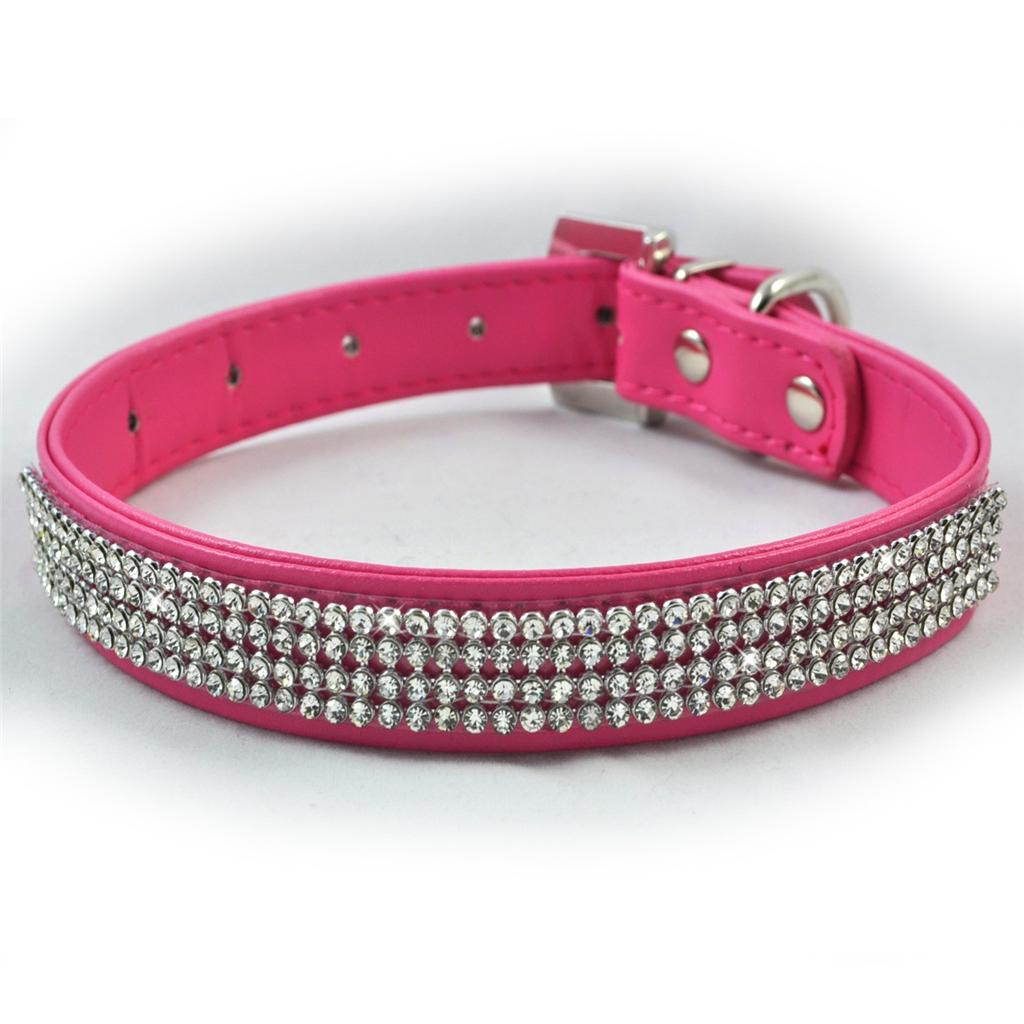
3. Harnesses
In cases where dogs tend to pull excessively or have health concerns, harnesses are a great alternative to collars. Harnesses distribute pressure evenly across the chest and back, reducing strain on the neck and preventing injuries. They are particularly beneficial for small dog breeds or those with respiratory issues.

4. Choke Chains and Prong Collars (Use with Caution)
Choke chains and prong collars are controversial options and should only be used under the guidance of a professional dog trainer. These collars are designed to provide quick corrections during training sessions, but improper use can cause harm to your dog's neck or trachea. It is essential to prioritize your dog's well-being and consult a professional before considering these types of collars.
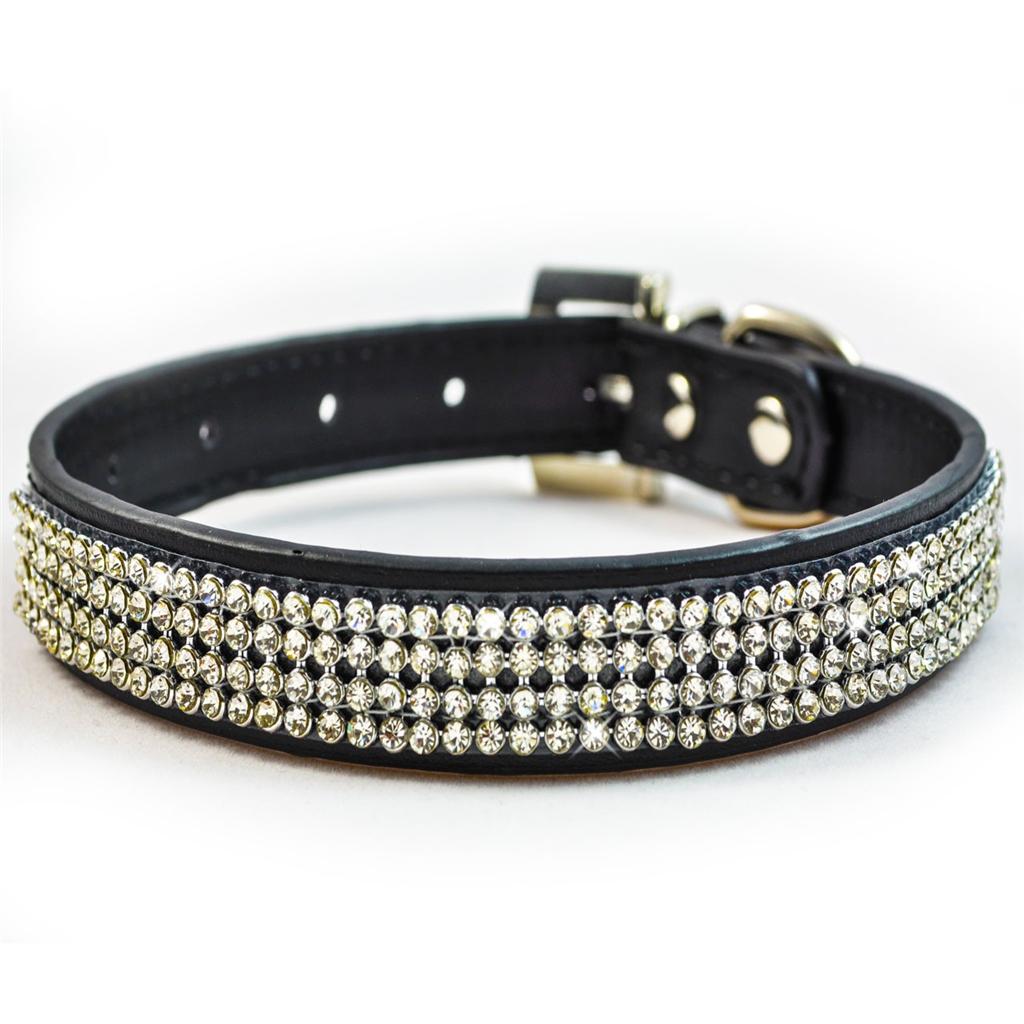
Choosing the Right Dog Collar
When selecting a dog collar, it's crucial to consider your dog's size, breed, and individual needs. Ensure that the collar fits comfortably, allowing for two fingers to be inserted between the collar and your dog's neck. Additionally, opt for high-quality materials to ensure durability and longevity.
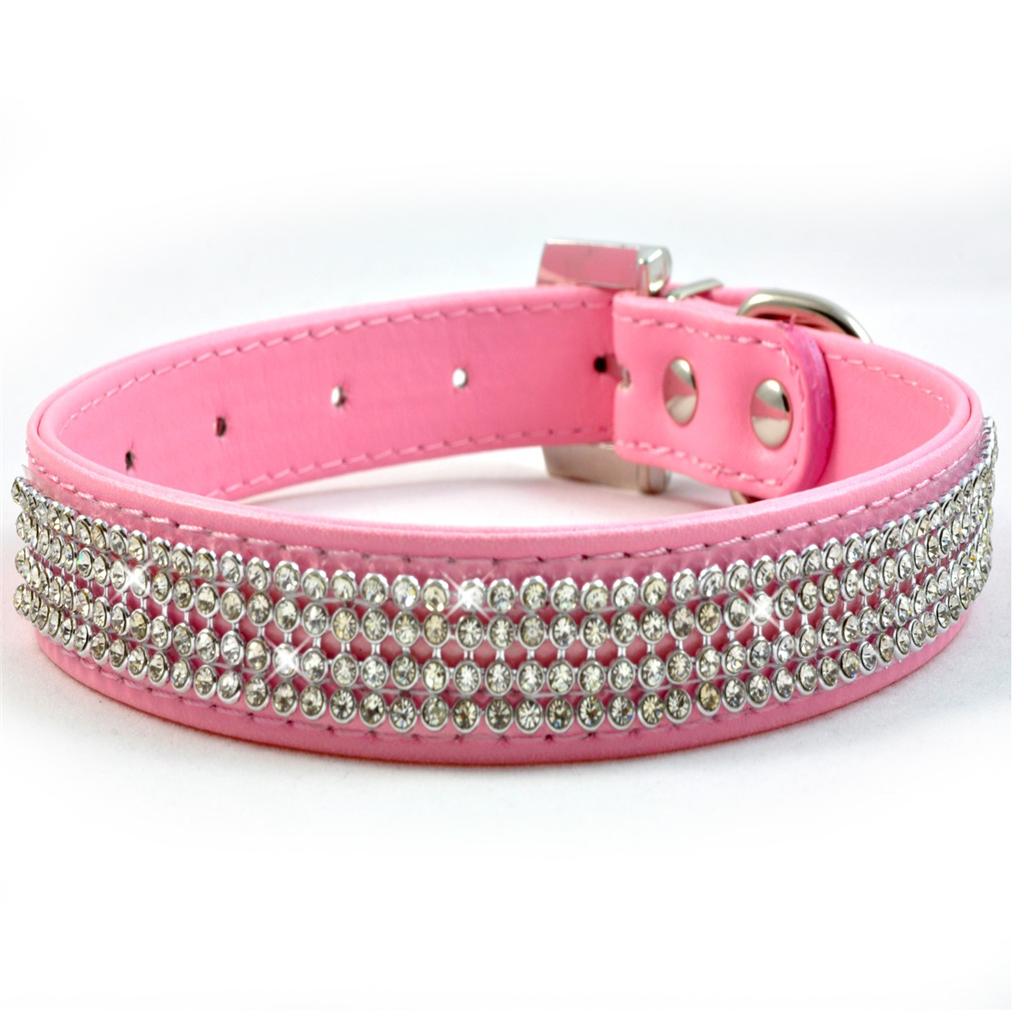
Conclusion
In conclusion, a dog collar is more than just an accessory; it is an essential tool for the well-being and safety of your furry companion. Whether it's for identification, training, or control, choosing the right collar can greatly enhance your dog's quality of life. Invest in a high-quality dog collar today and ensure your beloved pet can always be easily identified and safely guided.